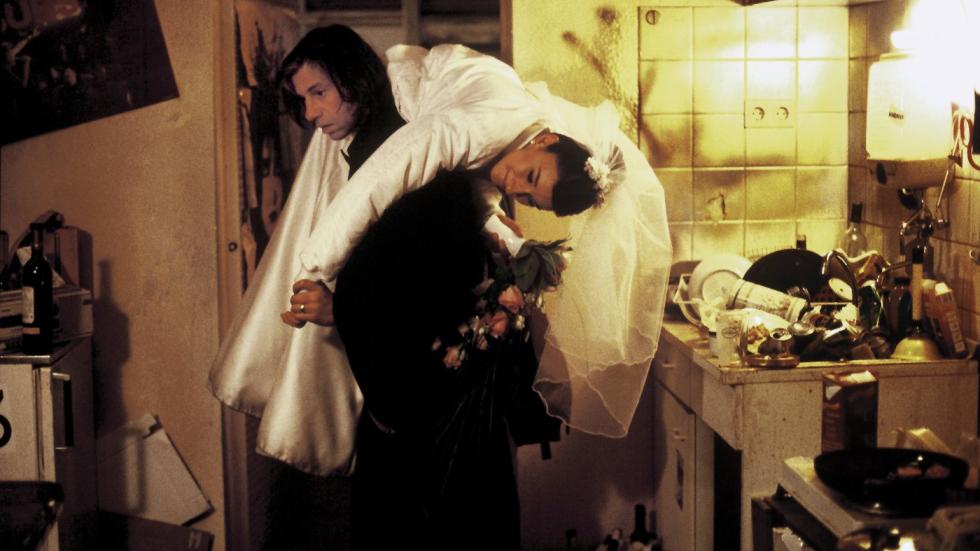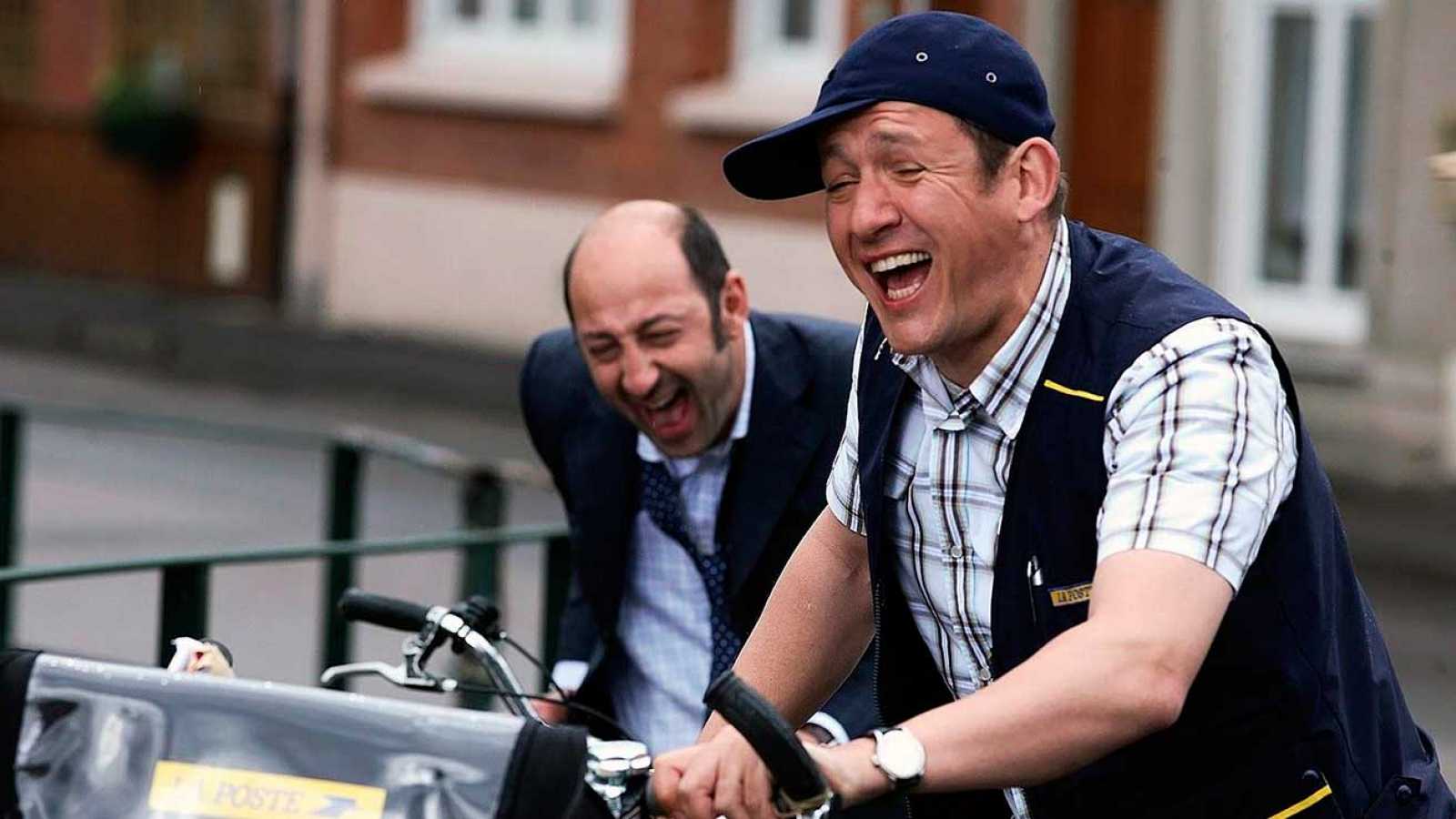
WELCOME TO THE STICKS (Dany Boon, 2008)
What: It beat all the box office records imaginable in France, it was one of the smash hits of the year and the Seville Festival gave it the Audience Award. The cultural clash between north and south, the clichés that characterise their inhabitants and the multiple misunderstandings that arise... a perfect breeding ground for a thousand and one gags in a costumbrist comedy with touches of social criticism whose success would be reproduced in Spain with its offspring 'Ocho apellidos vascos'.
Who: Dany Boon directed, wrote and headed the cast in this hit, making him the best paid filmmaker in Europe. A hugely popular comedian in France, he has starred in films such as 'A Perfect Plan' (2012) or 'Penny Pincher' (2016), and has directed 'Nothing to Declare' (2010) and 'La Ch’tite famille' (2018). Titles set in that popular cinema that follows the tradition of Louis de Funès, Bourvil or Coluche.
The director says: "I don’t go to the psychoanalyst, I make comedy. I like making films from sincerity, with affection and irony. Becoming a child again. Really, my comedies are the return to the childhood of their protagonists".

IT’S A FREE WORLD (Ken Loach, 2007)
What: The Gold Giraldillo at the 2007 Seville Festival was for this new descent by Ken Loach to the hell of labour exploitation whose script, by Paul Laverty, was also recognised at the Venice Festival. The film follows the difficulties of two friends who set up a temporary employment agency for emigrants, coming up against a law that is strangely fulfilled.
Who: Ken Loach, a filmmaker with a body of work very coherent with his commitment and his political ideas, always sensitive to the problems of the weakest, always with a powerful discourse against a system that oppresses the weak, the poor. He’s been doing it, and connecting well with the audience, since the mid-60s: with a series of docudramas for the BBC he managed to bring about changes in the laws for the homeless. With two Palmes d’Or from Cannes in his pocket (‘The Wind that Shakes the Barley’, ‘I, Daniel Blake’) he has directed ‘Hidden Agenda’ (1990), 'Raining Stones' (1993), 'Land and Freedom' (1995), 'My Name is Joe' (1998), 'The Navigators' (2001) or 'Looking for Eric' (2009).
The director says: "I make films that respect normal people, that’s why I talk about them. And about a system that destroys the most vulnerable people, that is so corrupt that it invades human relations and ends up destroying them".
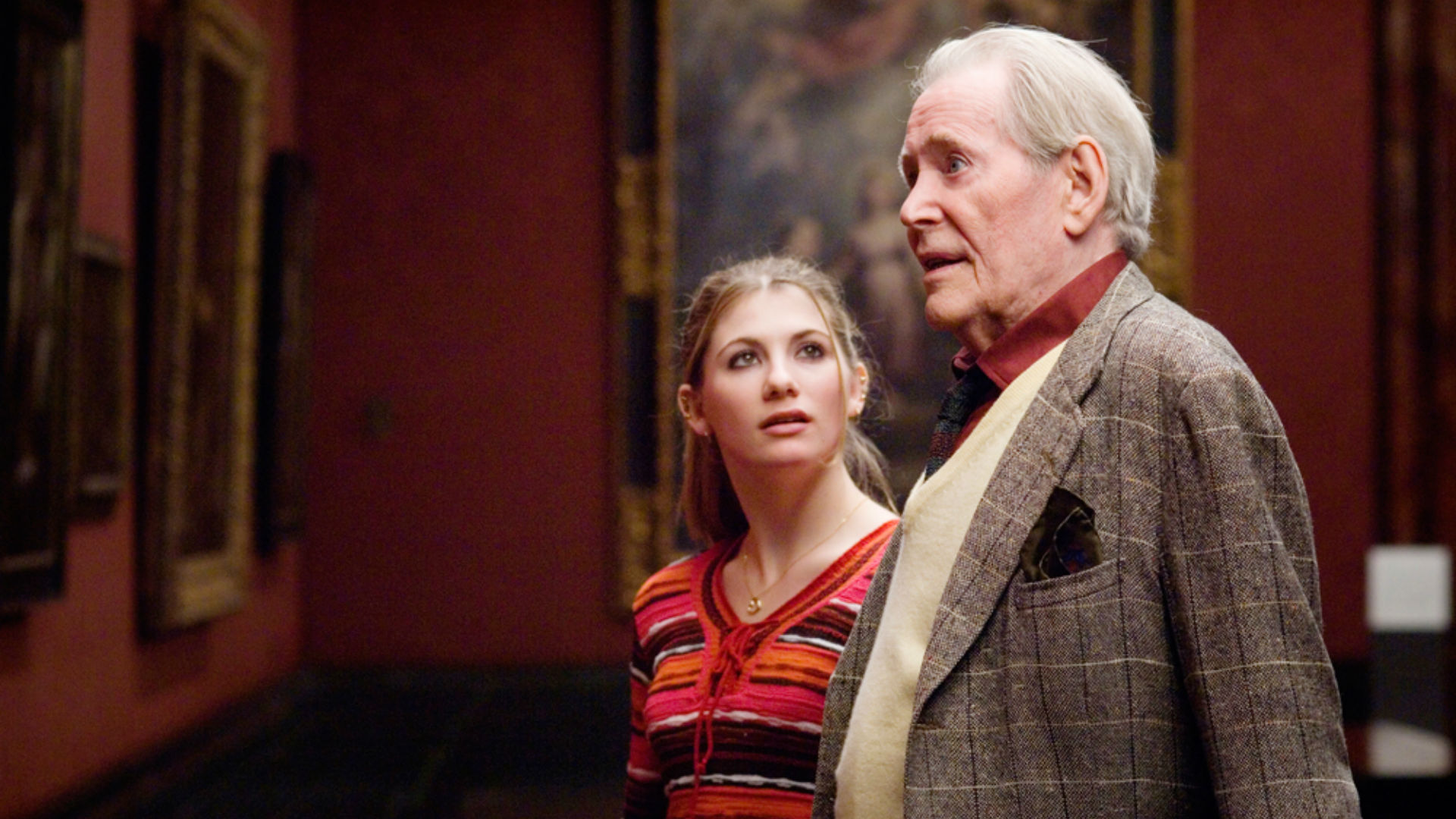
VENUS (Roger Michell, 2006)
What: In the twilight of his career, Peter O'Toole received his eighth nomination for an Oscar that he never won for his role in this dramatic comedy, which follows the curious relationship established by a lascivious pensioner and his crazy, very young grandniece, whom he will teach some very valuable life lessons. The film won the Gold Giraldillo.
Who: Roger Michell again collaborated with the novelist and scriptwriter Hanif Kureishi, whose work ‘The Buddah of Suburbia’ he had adapted for television. Together they made 'The Mother' (2003) and 'Le Week-End' (2013). The filmmaker has directed titles such as 'Titanic Town' (1998), 'Morning Glory' (2010) or 'My Cousin Rachel' (2017). His greatest success was 'Notting Hill' (1999).
The director says: "I’ve always wanted to make things that were all very different. I had a great success with 'Notting Hill' and, when that happens, they don’t see you directing anything else. But my collaborations with Hanif are enriching: we’re like a married couple, at times we find ourselves mutually disagreeable, but he stimulates me in a way that no one else has manged to do".
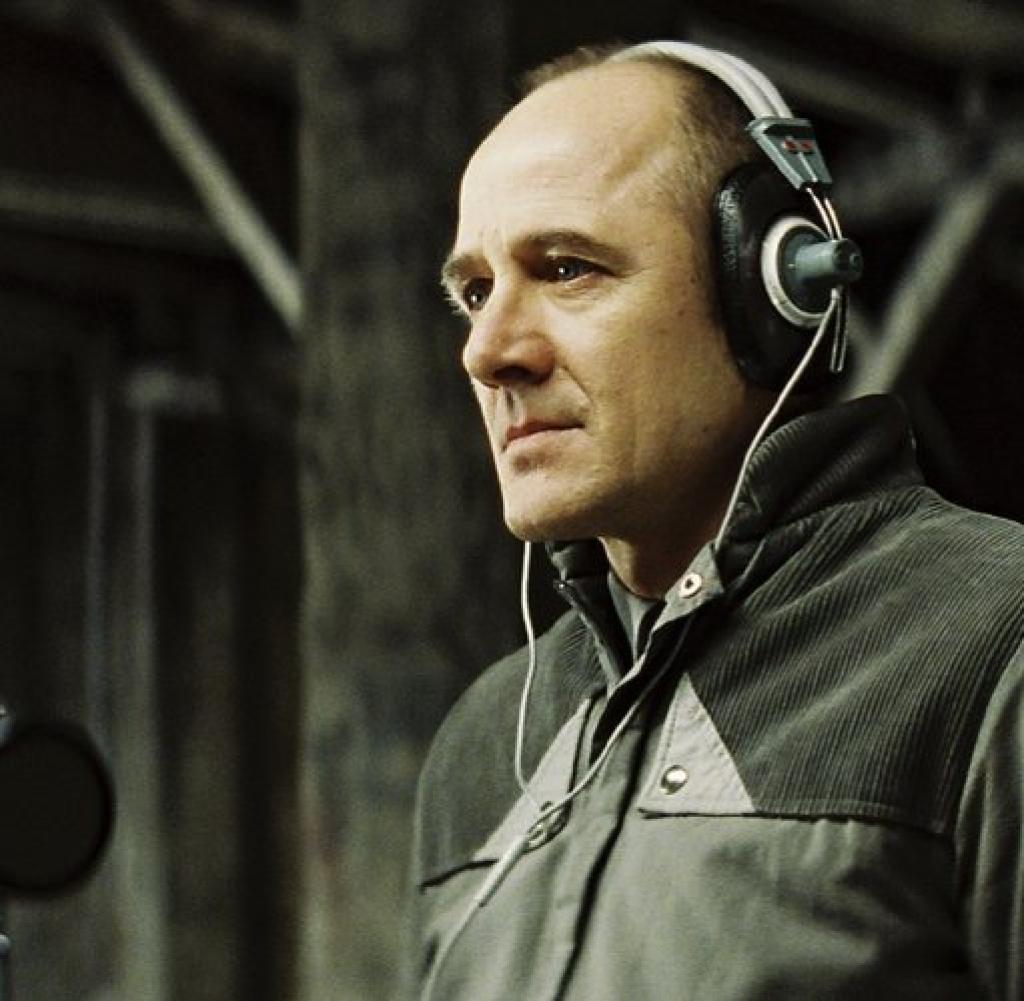
THE LIVES OF OTHERS (Florian Henckel von Donnersmark, 2006)
What: Winner of the Oscar for the Best Foreign Language Film and of the Silver Giraldillo in Seville in 2006, this journey to the German Democratic Republic, a country divided by the wall, made a firm defence of the power of creativity in the absence of freedom. The film told of the evolution unwittingly undergone by a Stasi official who was in charge of spying on an actress and her lover, a writer, both suspected of being enemies of the communist regime. Spying on the lives of others will gradually alter his previously firm convictions.
Who: After directing a handful of short films, the German Florian Henckel von Donnersmark had a fabulous debut, with awards and acknowledgements from critics and audiences around the world. After the mistake of his Hollywood adventure with 'The Tourist' (2010), this year he is back at our festival with his third feature film, ‘Never Look Away’.
The director says: "Above all, I wanted to make a film about the ability of human beings to do the right thing, without caring how far they have ventured along the wrong path".
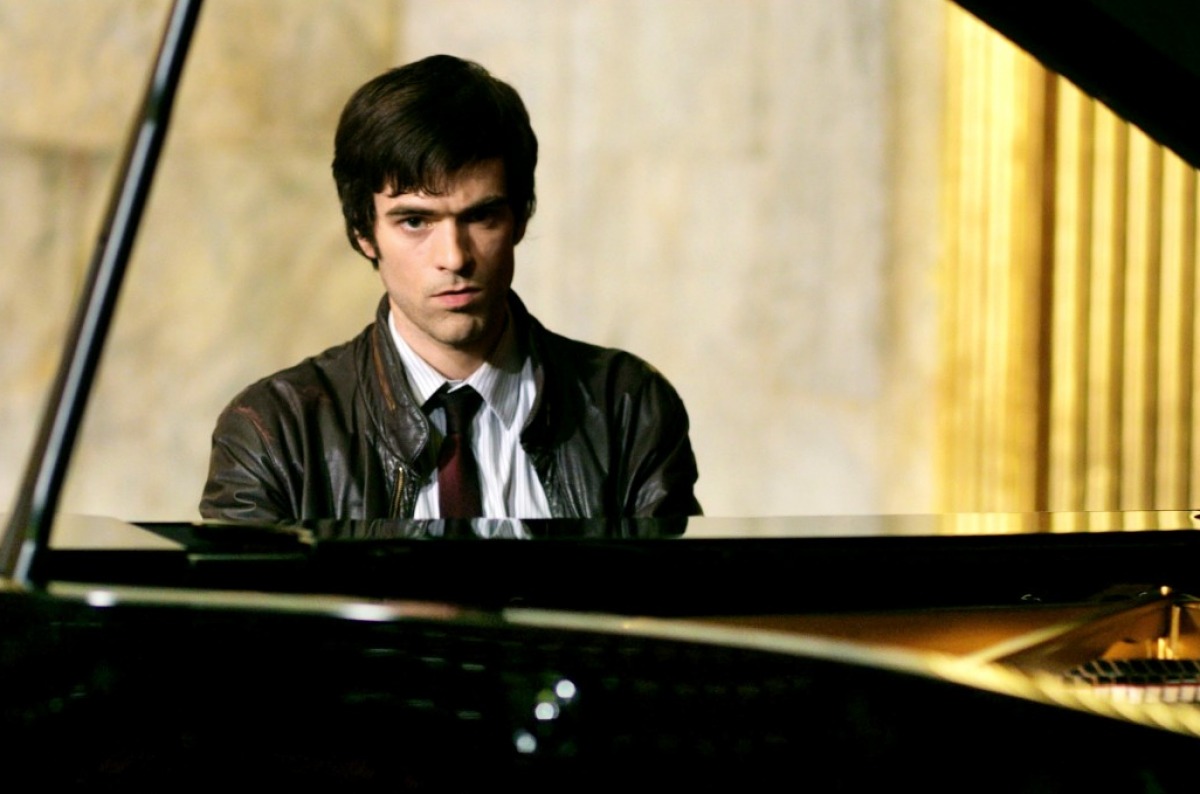
THE BEAT THAT MY HEART SKIPPED (Jacques Audiard, 2005)
What: Eight Césars, an award at Berlin and the Gold Giraldillo at Seville endorsed a film that worked very well in France and was remade as ‘Fingers’ by James Toback. The film centres on a man (Romain Duris) caught between the memory of his mother and the dream of being a pianist, and the influence of a possessive father obsessed by money.
Who: Jacques Audiard, one of the great French filmmakers of recent decades, thanks to films like 'A Self Made Hero' (1996), 'Read My Lips' (2001) or ‘Rust and Bone' (2012). His romance with the Cannes Festival was consolidated with Grand Jury Prize for his masterly 'A Prophet' (2009) and the Palme d’Or for 'Dheepan' (2015). He has just filmed the western 'The Sisters Brothers'.
The director says: "I’ve always been very interested in family and father-son relationships. In fact, in the process of editing this film I realised that it was autobiographical, that it reflected the passage from adolescence to maturity, the pain that it means to accept that process and the change in roles with our own parents when we accept that we are mortal".
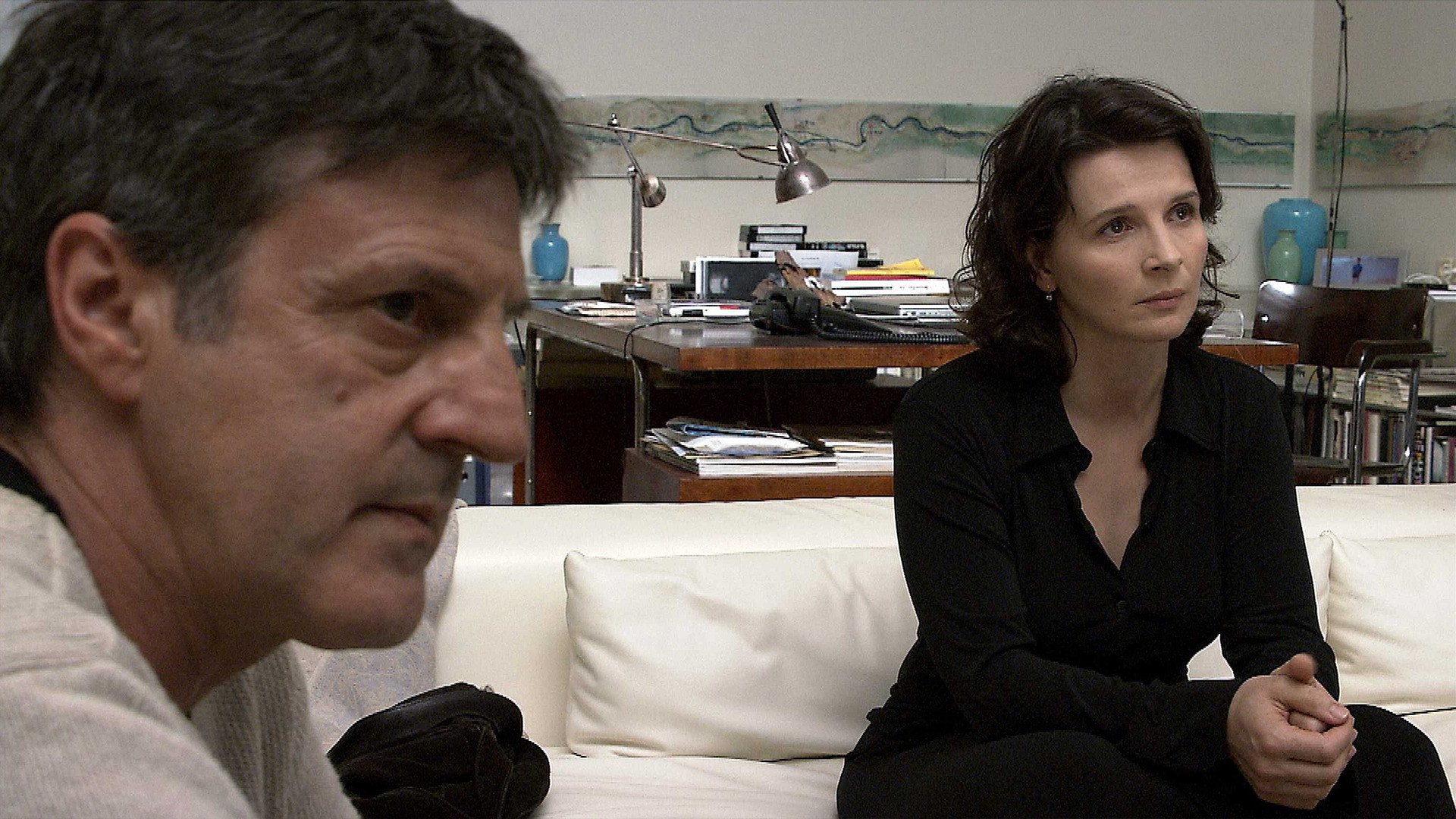
CACHÉ (Michael Haneke, 2005)
What: With the bourgeoisie in his sights, Michael Haneke delves into the secrets of the past (and present) of a well off couple who one day start to receive video tapes which show that someone is spying on them. Violence and social injustice, an icy reflection on the results of guilt, from an everyday prism that is both fascinating and irritating, in a film featuring Daniel Auteuil and Juliette Binoche.
Who: The Austrian Michael Haneke is, perhaps, the greatest explorer of the darkest nooks and crannies of the human soul and of the perversion of its nature, in a cinema that is unsettling and painful, since his first films ('The Seventh Continent', ‘Benny’s Video'...). With 'Funny Games' (1997), which he himself remade in the United States ten years later, his films started to arrive regularly in our country. A familiar face at Cannes, he won the Grand Jury Prize with ‘The Pianist’ (2001), Best Director and the FIPRESCI with 'Caché' and the Palme d’Or with ‘The White Ribbon’ (2009) and 'Amour' (2012), which also took the Oscar for Best Foreign Language Film. 'Happy End' (2017) is his latest feature.
The director says: "I always focus my cinema on violence because in the modern society in which we live it is impossible to avoid it. I’d like to be considered a specialist in the representation of violence in the media. I’m not addicted to guilt, but I’m obsessed by the idea of filming it".
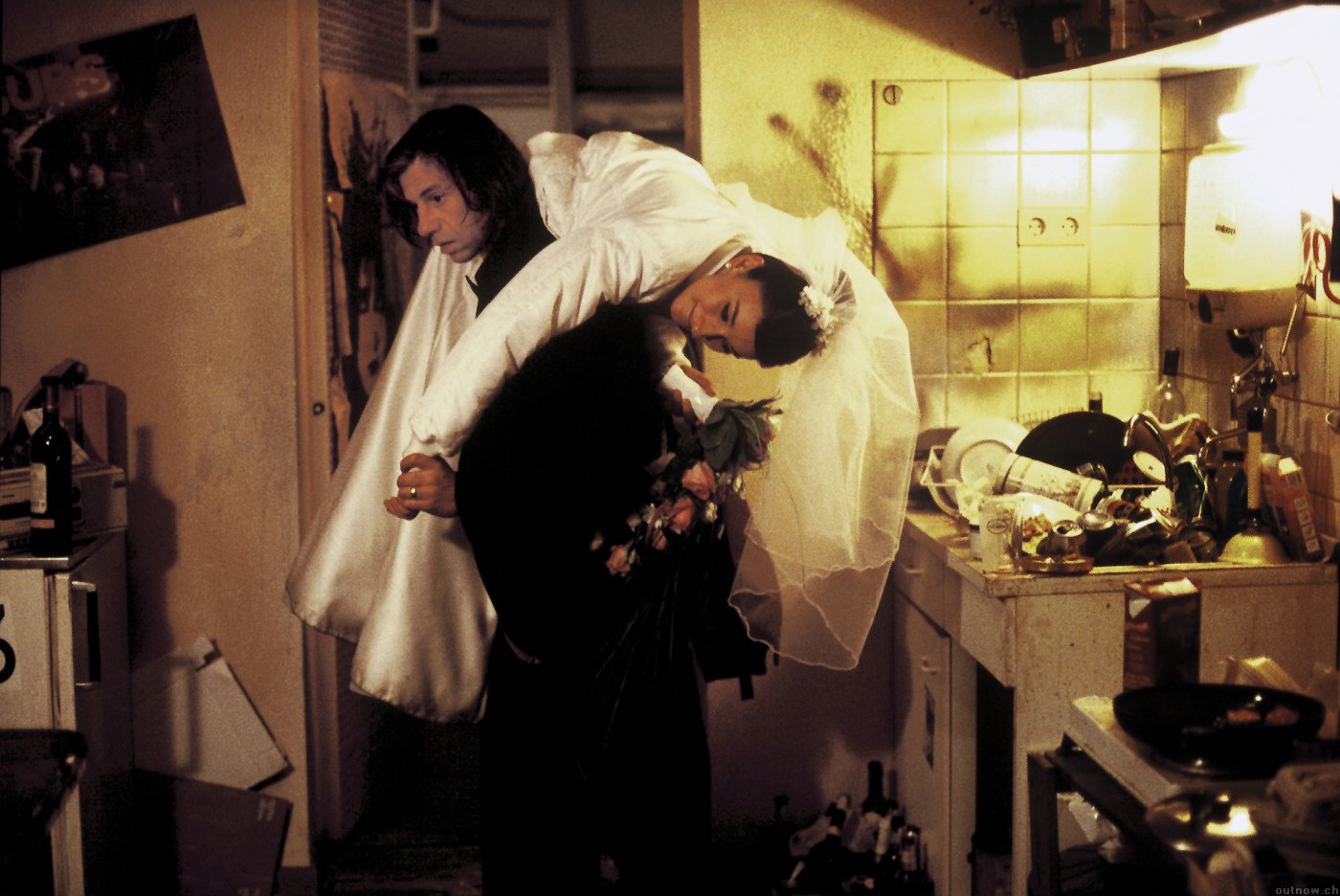
HEAD-ON (Fatih Akin, 2004)
What: This dark and visceral, sincere and decadent, very Fassbinder-like love story between two marginal and marginalised beings who meet after both attempt suicide, won the Golden Bear at Berlin and the Audience Award at Seville in 2004.
Who: Fatih Akin, a German of Turkish origin, a good exponent of the clash of cultures in a mixed society whose derivatives, very often marked by violence and xenophobia, have been explored by the director in films like 'In July' (2000), 'The Edge of Heaven' (2007), 'Goodbye, Berlin' (2016) or 'In the Fade' (2018). Even in a light hearted, comical way, in 'Soul Kitchen' (2009), Special Jury Prize in Venice.
The director says: "My characters always feel that need to find something that will fill their lives. Up to a certain point it’s undeniable that I usually write about frustrated people, but we all are. But I’m not sure that my fictional creatures are as much as representation of me as of that shared human search that defines us as a species".



